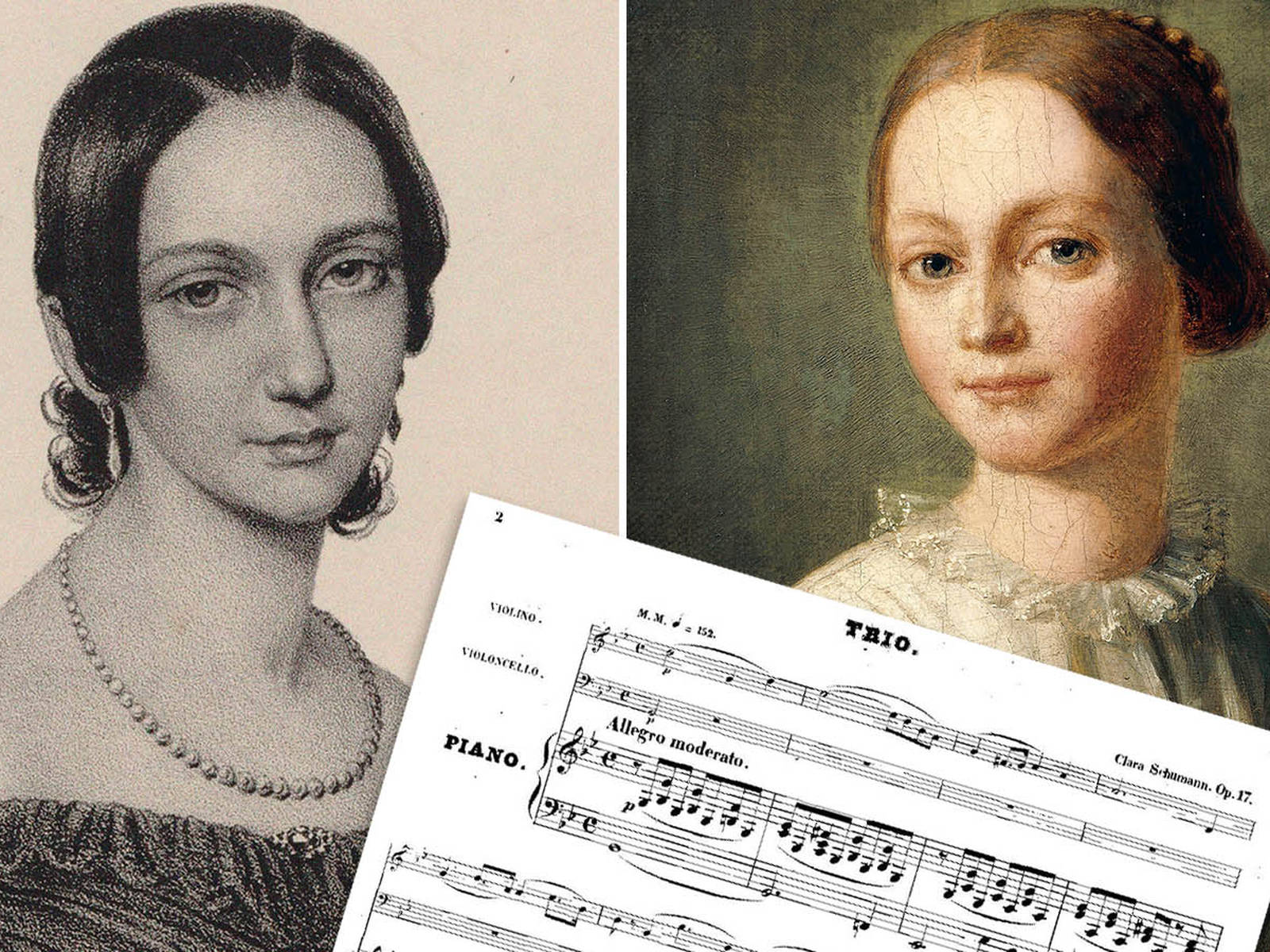Clara Schumann, a name that resonates with elegance and musical brilliance, was not just a mere composer. She was a remarkable pianist and a trailblazer in the classical music world of the 19th century. Born in 1819, Clara Schumann’s life and music continue to captivate audiences even today. In this blog post, we delve into the enchanting world of Clara Schumann and unravel seven fascinating curiosities about her life and music.
- A Child Prodigy: Clara Schumann’s musical journey began at a tender age. She displayed extraordinary talent as a pianist and composer, stunning audiences with her performances by the age of nine. Her father, Friedrich Wieck, recognized her immense potential and nurtured her skills, leading to a lifelong dedication to music.
- A Renowned Pianist: Clara Schumann was not only a composer but also a virtuoso pianist. Her piano skills were widely acclaimed throughout Europe, and she became one of the most sought-after performers of her time. Clara’s ability to infuse intense emotions into her interpretations touched the hearts of her listeners, making her an icon in the world of piano music.
- A Musical Partnership: Clara Schumann’s life was intricately linked to her husband, Robert Schumann, another celebrated composer of the Romantic era. Their relationship was not only one of love but also of artistic collaboration. Clara tirelessly championed Robert’s music, even after his mental health declined, and his support inspired her own compositions.
- A Pioneering Composer: Despite her demanding career as a performer and mother of eight children, Clara Schumann managed to compose a substantial body of work. Her compositions exuded depth, sensitivity, and technical prowess, often exploring the complexities of human emotions. Notable pieces include her Piano Concerto in A minor and various lieder (art songs).
- Influence of Johannes Brahms: Johannes Brahms, a close friend of the Schumann family, played a significant role in Clara’s life and artistic development. After Robert’s tragic death, Brahms became a steadfast companion to Clara and eventually a lifelong confidant. Their deep friendship influenced Clara’s compositions, as Brahms’ musical style can be detected in some of her later works.
- A Trailblazer for Female Composers: Clara Schumann’s impact extended beyond her own compositions. As a woman in a male-dominated field, she defied societal norms and paved the way for future generations of female composers and musicians. Clara’s determination and exceptional talent shattered stereotypes, leaving an indelible mark on the history of classical music.
- Enduring Legacy: Clara Schumann’s legacy endures to this day. Her compositions continue to be performed and recorded, reintroducing audiences to her profound musical language. Her life serves as an inspiration for aspiring musicians, reminding them of the transformative power of music and the strength of artistic expression.
Conclusion:
Clara Schumann’s life was filled with passion, perseverance, and immense talent. From her early prodigious beginnings to her influential compositions and groundbreaking achievements as a female musician, Clara Schumann left an indelible mark on the world of classical music. Her story serves as a testament to the triumph of artistry over adversity, and her music continues to enchant and inspire generations of music lovers worldwide.


Comments are closed